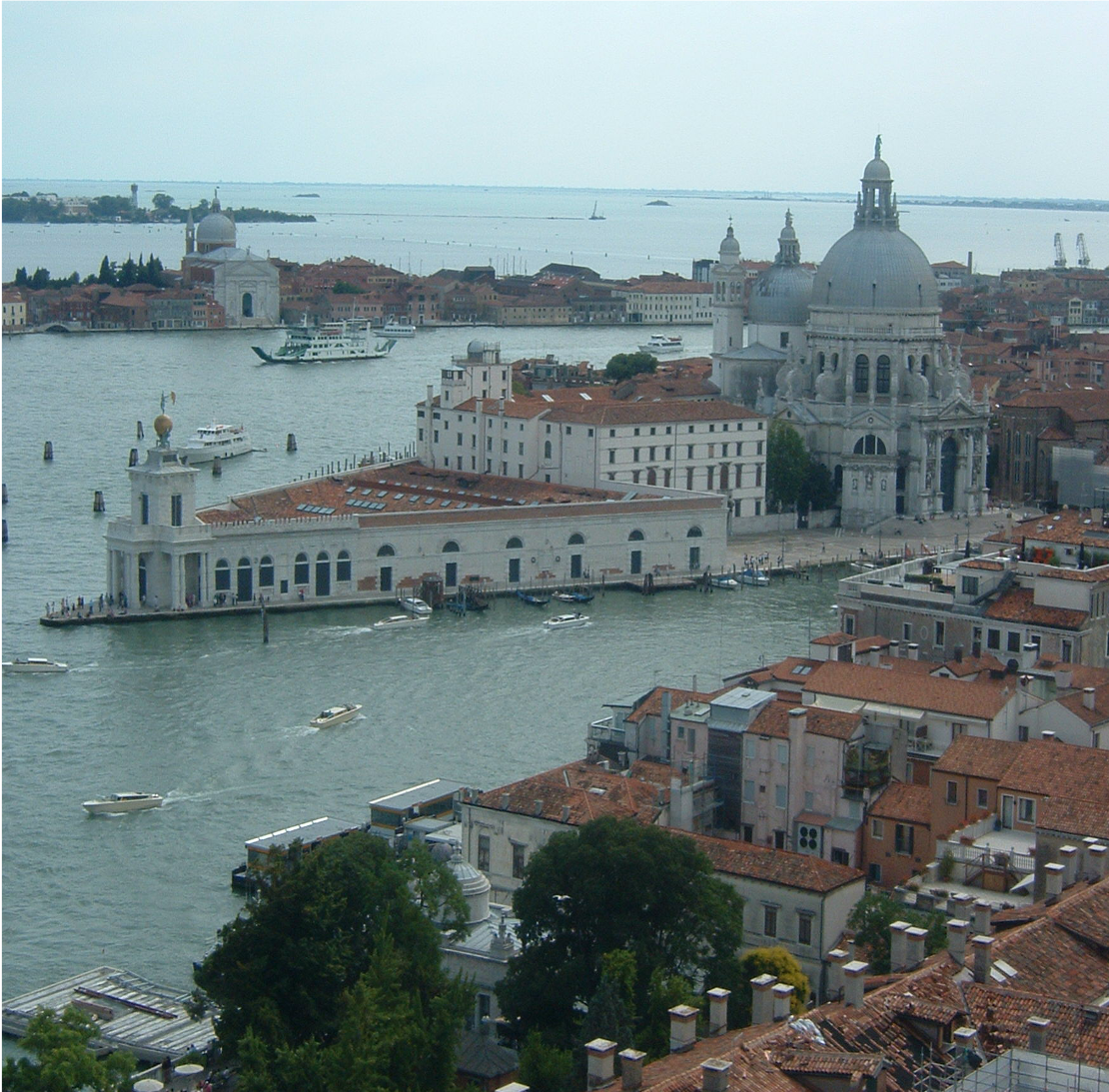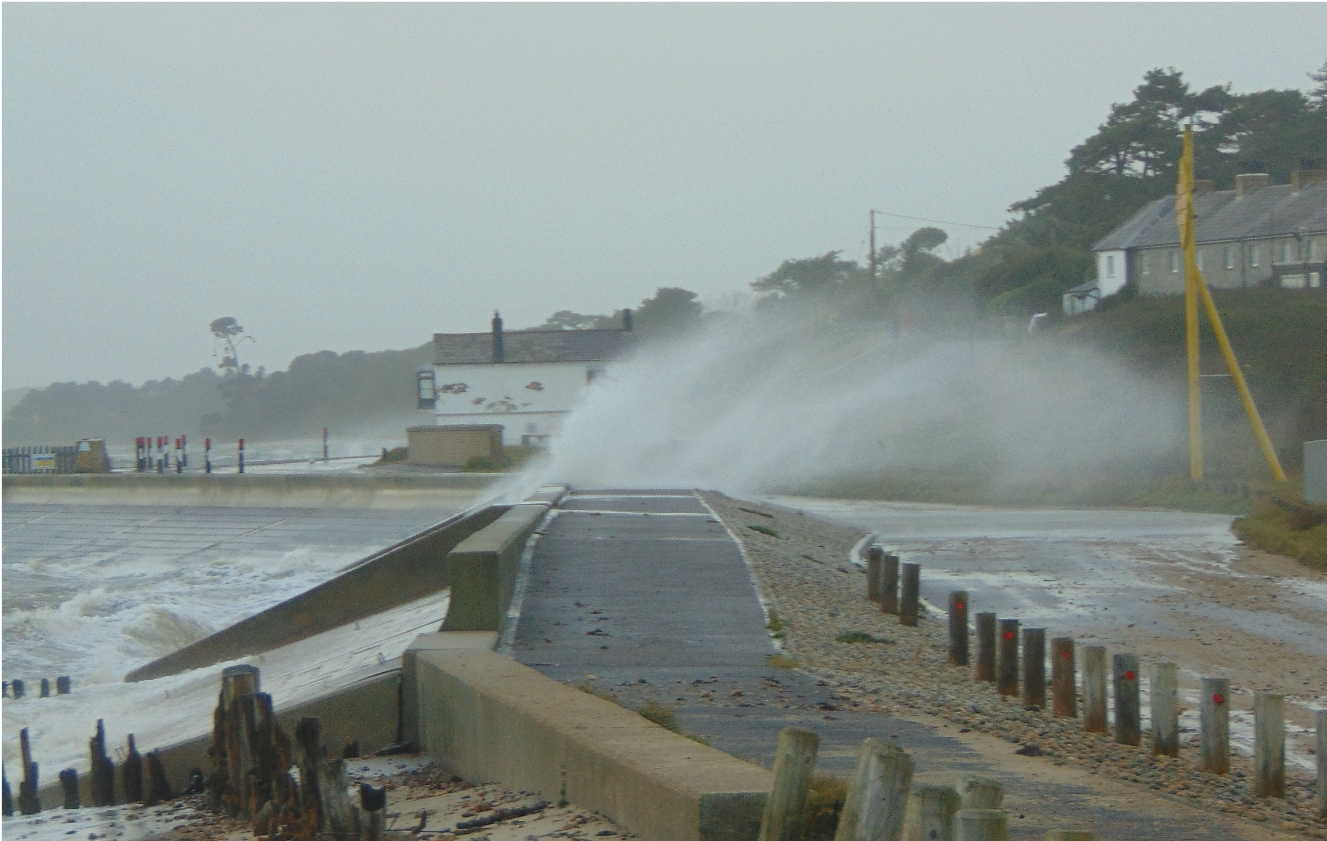Coastal zones are popular places to live, and have competing pressures on land for those living, working and holidaying by the coast. The research provides analysis on how coasts are managed today, and the implications of the competing interests that may exert, today and in the future.
Global studies have been undertaken in the broader context of climate change and sea-level rise including analysing the risk from erosion or flooding, and how to address them. This research uses a holistic perspective, using mixed methods from physical science, engineering and social science disciplines. One of the outcomes from this is the need for a more collective approach in coastal management, involving stakeholders at different level of government, and the need to include communities in decision making.
The research also addresses understanding of the complex processes affecting the environment and rural populations living within one of the world’s biggest deltas. This includes identifying and examining synergies and trade-offs in achieving a number of United Nations Sustainable Development Goals (SDGs) for example, within the SundarbanBiophysical Reserve in the Ganges-Brahmaputra delta. A whole systems approach is applied to modelling the inter-relationships between local governance, climate change, land use, hydrology, socio-economics and rural livelihoods.


